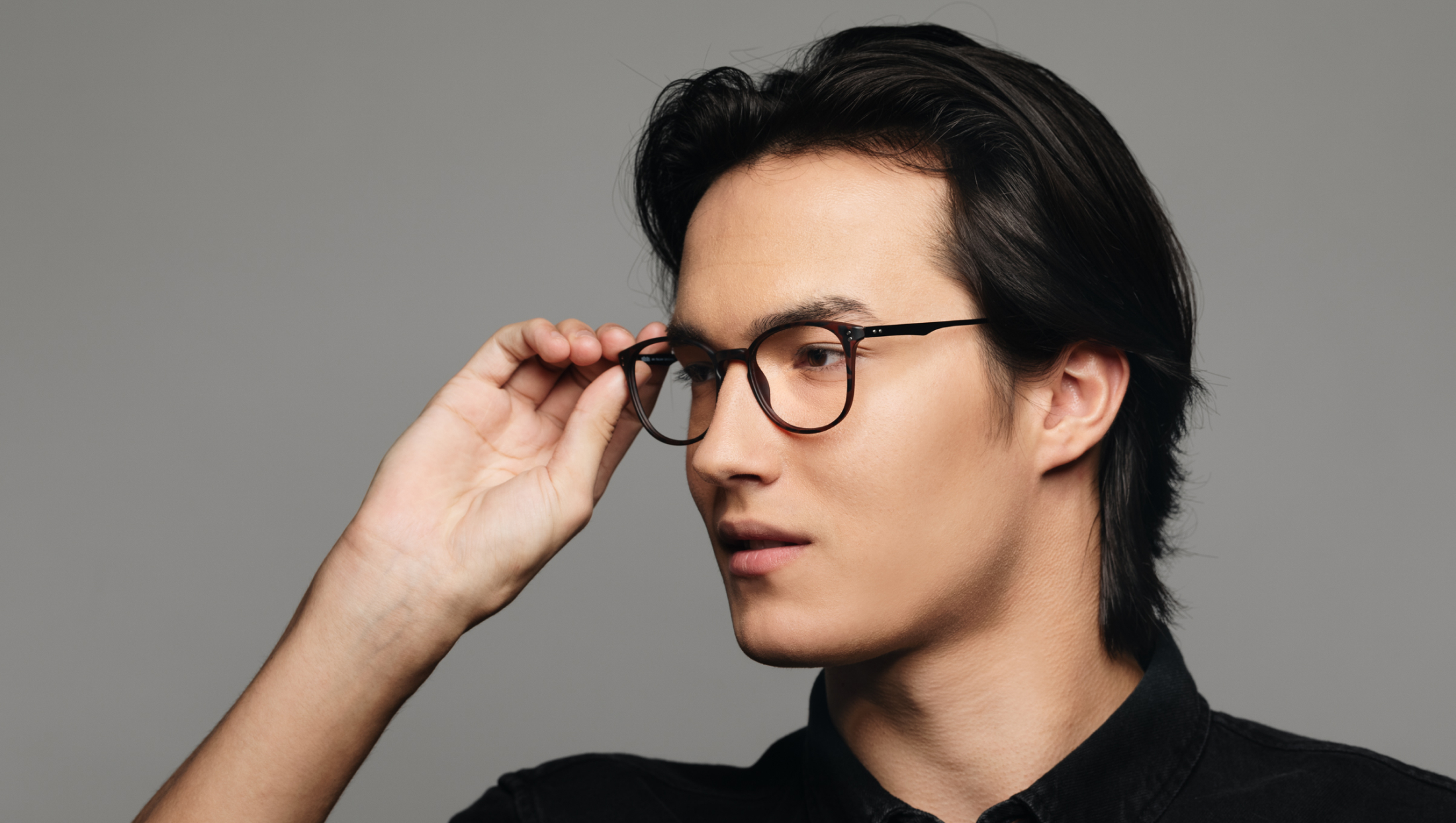On LASIK eye surgery: What is it & how much does It cost?
Updated JUL 13, 2023 • 5 min read

Summary in 30 seconds
Odds are that you have heard your friends or coworkers talking about the popular eye surgery, LASIK. You know that people get LASIK to eliminate their need for glasses and contact lenses. However, do you find yourself wondering, “What is LASIK eye surgery?”, “Is LASIK for me?” and just as important “How much is LASIK eye surgery?”
Here, LASIK surgery is discussed along with its average cost, reasons why people may not get LASIK, and what to do if LASIK is not for you.
Jump to content
- The mystery of LASIK revealed
- How much does LASIK cost?
- Sound reasons to not have LASIK
- Expectations for surgery
- I’m not a good candidate, now what?
- Key points
What is LASIK Eye Surgery: The mystery of LASIK revealed
In a nutshell, LASIK (laser-assisted in situ keratomileusis) is an eye surgery that corrects blurry vision from nearsightedness, farsightedness, and astigmatism. More specifically, the surgeon uses a laser to reshape your cornea (the clear “window” on the front of your eye) to rid of your blurry vision. LASIK is a safe procedure with more than 90% of patients achieving 20/20 or better vision.

Since the approval of LASIK in 1999, the number of LASIK procedures peaked in 2007 at 1.5 million surgeries, and fell to only 604,000 in 2015, according to Market Scope. However, the number of LASIK procedures is on the rise again, possibly related to pandemic factors, such as the hassle of wearing a mask with glasses.
People choose LASIK for various reasons, such as freedom from glasses and contact lenses, difficulty with contact lens wear, and cosmetic purposes. So, why doesn’t everyone who wears glasses or contact lenses have LASIK? A number of factors, among them cost, can deter or prevent many people from choosing LASIK.
How much does LASIK cost?
The cost of LASIK can hinder people from following through with the surgery. On average, it ranges between $2,000 to $3,000 per eye. The range in price varies with the quality of the equipment, location of the procedure, surgeon, and eye condition being treated. Because it is considered a cosmetic or elective surgery, your insurance does not cover or pay towards the surgery. However, some medical centers offer payment plans to reduce upfront costs. With LASIK being such a large out-of-pocket expense, you may need to financially prepare.
Sound reasons to not have LASIK
Some people are simply not good candidates for LASIK. Several factors determine whether you should consider LASIK, although the final decision is made between you and your surgeon. Your age and the stability of your vision are important considerations. For example, the minimum required age for LASIK is 18 years old. On top of that, your surgeon must ensure that your prescription has stabilized (e.g. not likely to change). Typically, LASIK is not a good option for younger people because their glasses’ prescription changes too frequently.
What’s considered as a stablilized prescription? Generally, it should not change for at least 1 year before undergoing LASIK. In addition, the amount of your prescription may be a limiting factor. High amounts of nearsightedness, for example, may require more of the corneal tissue to be removed, which increases your risk for complications.
Other factors that may prevent you from having LASIK include poor overall health (and specifically eye health), pregnancy, thickness of your cornea, and pupil size. If your cornea is too thin, for example, it may increase your chances of impaired vision after LASIK. However, an alternative surgical procedure may be an option to correct your vision if your cornea is too thin for LASIK.
Expectations for surgery
Your expectations must be realistic by understanding LASIK’s possible risks, side effects, and complications, which your surgeon will discuss fully. You may experience one or more of the most common complications of LASIK, including dry eyes, halos, starbursts, and decreased night vision.

An important thing to remember about LASIK: It does not prevent you from never needing glasses again. If your eyes change, your prescription changes, which usually happens when growing older. In that case, you may need glasses or contact lenses again in the future.
I’m not a good candidate, now what?
Fortunately, your options in glasses and contact lenses have expanded tremendously. No matter your reason for initially considering LASIK, a great alternative option exists for you. For example, if you no longer want people to notice your glasses as much, you can switch out your bold frame for a subtle frame, like these clear glasses. Or, if your glasses feel too heavy, you may opt for a lightweight pair of glasses .
If you first wanted LASIK because you struggle with putting in your contacts, there are useful contact lens hints and tips to help you get better. Lastly, if you struggle with the comfort of contact lenses or want contact lenses only on occasion, talk with your eye doctor to find contact lenses that work for you. This way, life with glasses and contact lenses can work for you and most people because of the variety of options available today.
Key Points
- LASIK is a safe procedure that has helped millions of people have better eyesight.
- However, not everyone is a candidate for LASIK because of various factors, such as age and eye issues.
- Luckily, many unique glasses and contact lenses can accommodate those who don’t have LASIK.
- You can still see clearly, your way, with the glasses or contact lenses that bring you joy every day.
Find your frame in
60 seconds.
Need help looking for your perfect pair? Take our quiz to find the best fit for you.
Take the Quiz


Published November 17, 2022|Updated July 13, 2023

Related articles

What is Vision Therapy?
What visual skills are, is it possible to train those skills, and what does visual therapy...

7 Important Facts You Should Know about Astigmatism
What is astigmatism? We’re covering the causes, symptoms, treatments...

A Must Read Guide For Contact Lens Wearers
How to put in contacts, how to take them out, and other useful tips...



